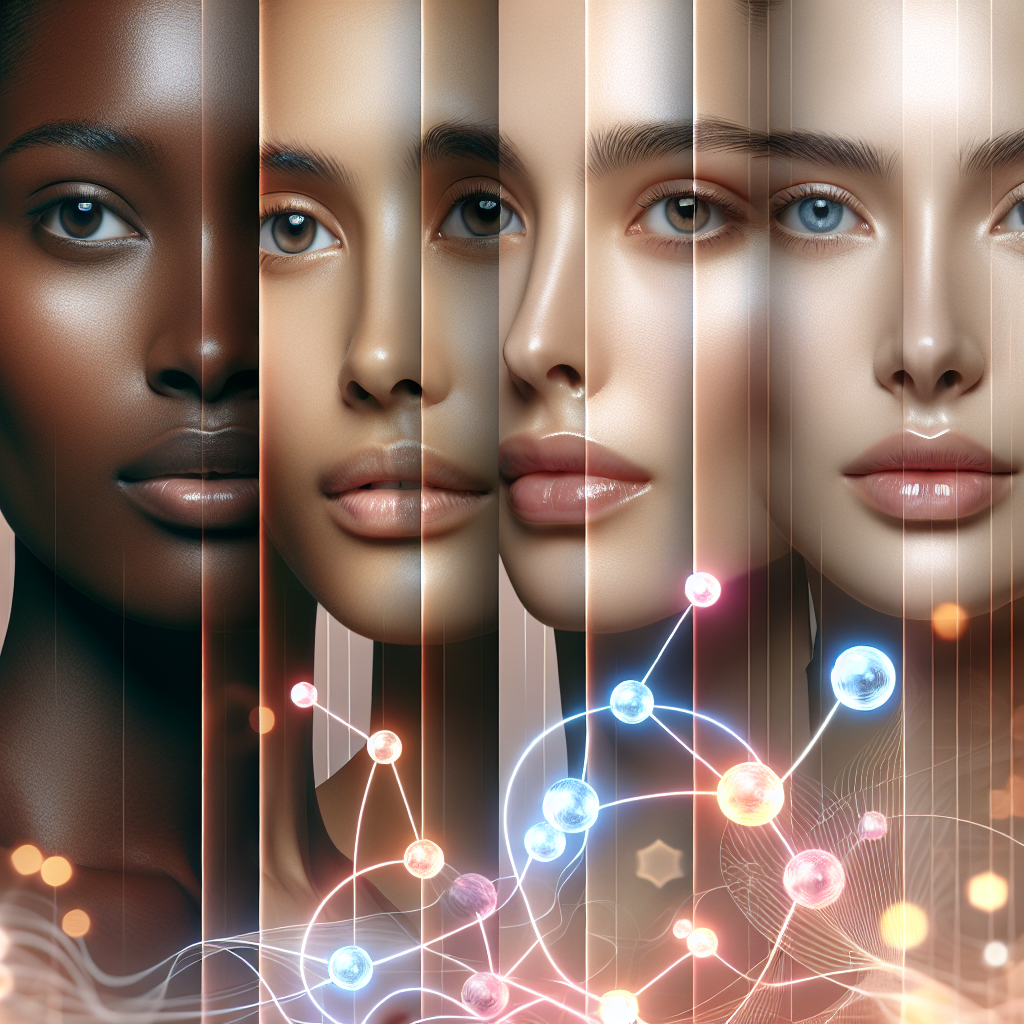Introduction to Hormones and Skin Health
The skin, our body’s largest organ, is significantly influenced by hormonal activity. These chemical messengers play a pivotal role in skin health, affecting everything from oil production to skin cell turnover. Understanding the hormones and skin conditions connection can offer insights into managing various dermatological issues.
How Hormones Influence Skin Conditions
Hormones such as estrogen, testosterone, and cortisol can directly affect the skin. For instance, fluctuations in these hormones can lead to conditions like acne, dermatitis, and even premature aging. Here’s how specific hormones impact skin:
- Estrogen: Promotes hydration by increasing hyaluronic acid and collagen production, giving skin its elasticity and moisture.
- Testosterone: Increases oil production in the skin, which can lead to clogged pores and acne, particularly noted during puberty or in conditions like polycystic ovary syndrome (PCOS).
- Cortisol: Known as the stress hormone, elevated cortisol levels can lead to increased inflammation and flare-ups of conditions like eczema and psoriasis.
Common Hormonal Skin Conditions
Acne: Perhaps the most well-known hormonal skin condition, acne occurs when excess oil, dead skin cells, and bacteria block pores. Hormonal changes, especially increased androgens, can exacerbate acne.
Eczema: This condition, characterized by dry, itchy skin, can flare up during times of stress when cortisol levels rise. Managing stress and hormonal balance can help control eczema symptoms.
Psoriasis: Another skin condition influenced by stress and hormonal changes is psoriasis. It involves rapid skin cell turnover leading to scaling and inflammation.
Managing Hormonal Skin Conditions
Dealing with hormones and skin conditions involves a combination of lifestyle changes, medical treatments, and sometimes hormone therapy. Here are some strategies:
- Topical Treatments: Over-the-counter creams and prescribed medications can help manage symptoms. For example, retinoids and benzoyl peroxide are effective against acne.
- Diet and Exercise: Maintaining a balanced diet and regular exercise can help regulate hormones and, consequently, skin health.
- Stress Management: Techniques such as yoga, meditation, and adequate sleep can reduce cortisol levels, thus helping to manage conditions like eczema and psoriasis.
- Hormonal Therapy: In some cases, doctors may prescribe hormonal treatments to balance hormones and alleviate severe skin issues.
Future Perspectives in Treating Hormonal Skin Issues
Research continues to unfold new ways to treat and manage skin conditions related to hormonal imbalances. Innovations in biochemical treatments and personalized medicine hold promise for more effective solutions tailored to individual hormonal profiles.
In conclusion, the relationship between hormones and skin conditions is complex but understanding it can lead to better management strategies. By addressing hormonal imbalances through lifestyle changes, medical treatments, and stress management, individuals can significantly improve their skin health.


